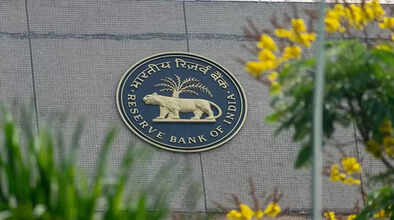RBI report: Generative AI can bring big changes in banking sector, efficiency will increase by 46%..

The Reserve Bank of India (RBI) has revealed in a report that Generative Artificial Intelligence (GenAI) can make banking services in India up to 46% more efficient. Through this, banks will not only be able to provide better and personalized services to customers, but will also be able to reduce operating costs and develop new products.
Increasing impact of AI in the banking sector
According to the report, financial institutions are rapidly adopting AI technology. According to the RBI, AI is seeing a change in the banking sector, and it will be widely used to improve the banking sector in the coming times. Its main objective is to improve customer experience, increase employee productivity, increase revenue, reduce costs, ensure regulatory compliance, and create innovative products.
GenAI is helping to better understand customer behavior, make risk management accurate, and control operational expenses using advanced analytics.
New possibilities in credit access
AI-based alternative credit scoring models are also making loans available to those who have not been served by the traditional banking system till now. It is using non-traditional data such as electricity-water bill payments, mobile usage patterns, GST filings, and e-commerce transactions. This can also bring 'thin-file' or 'new-to-credit' customers into the formal financial system.
Growing market of AI chatbots in customer service
The report shows that AI chatbots are resolving simple queries 24/7, providing immediate assistance to customers and allowing human staff to focus on complex problems.
The use of AI in financial services is growing rapidly globally. RBI estimates that AI will directly contribute to the revenue of this industry in the coming years. The generative AI segment alone can cross ₹1.02 lakh crore (about $12 billion) by 2033, with an annual growth rate of 28-34%.
Disclaimer: This content has been sourced and edited from Amar Ujala. While we have made modifications for clarity and presentation, the original content belongs to its respective authors and website. We do not claim ownership of the content.

